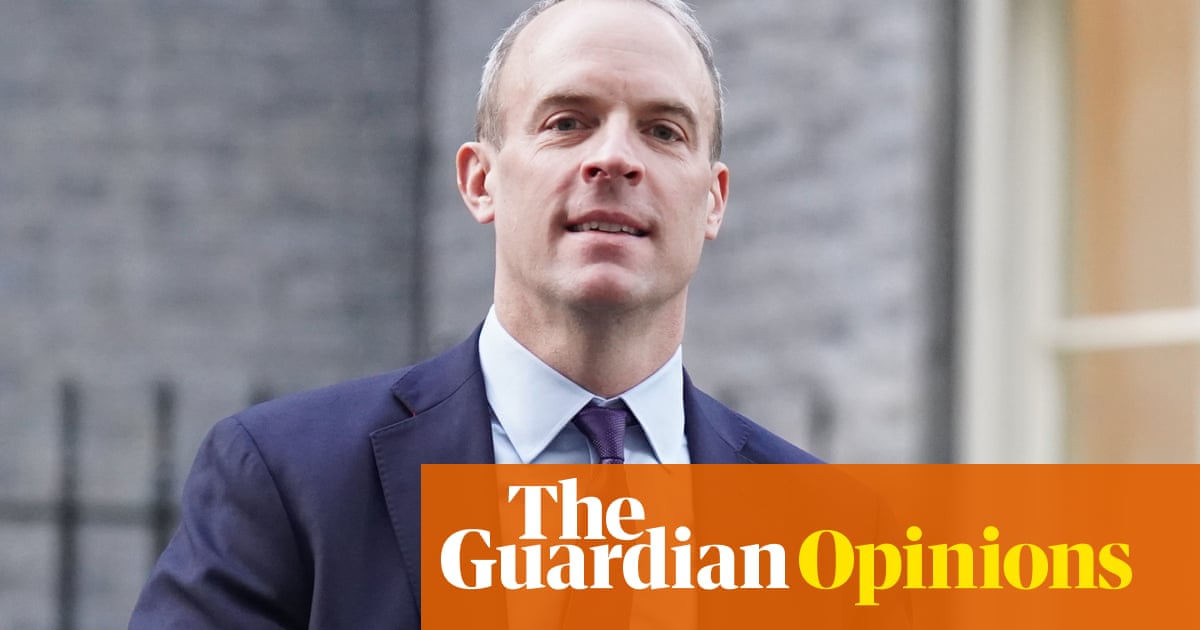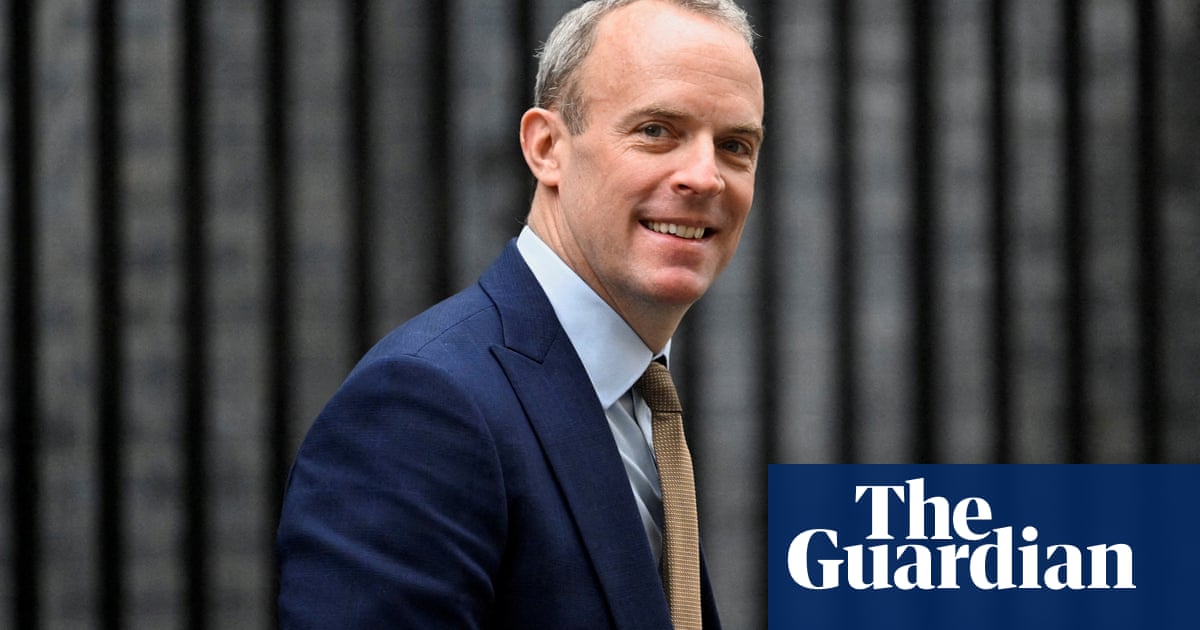
We will know shortly whether Dominic Raab is guilty of bullying his staff or not. The investigation into the allegations, being led by senior lawyer Adam Tolley KC, is expected to conclude in the coming days.
I worked closely with Raab following the incorporation of the Department for International Development into the Foreign Office in August 2020. He certainly acquired a reputation for being extremely demanding, bordering on aggressive. There was widespread awareness of his behaviour among staff at the new Foreign, Commonwealth and Development Office. Whether this translates into bullying or not, Tolley will soon decide.
But this isn’t an isolated incident. Raab wasn’t the only one. His successor as foreign secretary, Liz Truss, was notorious for picking and choosing who she wanted to hear from.
Disagreement with her views quickly led to being excluded from the room. Various people would fall in and out of favour. Officials at the Department for International Trade talked of her having wrecked the ministry’s ability to function effectively.
Others in recent years who have acquired reputations for aggressive behaviour verging on bullying include Priti Patel, Gavin Williamson and Dominic Cummings. Suella Braverman’s public attack on civil servants this week for allegedly frustrating efforts to stop small boats carrying asylum seekers crossing the Channel takes the breakdown in trust to a new level. It also potentially breaches the requirement in the ministerial code to uphold the political impartiality of the civil service, as Dave Penman, general secretary of the First Division Association, which represents civil servants, has pointed out.
Nor is this just a Tory problem. Over my almost 25 years as a civil servant, there were many ministers and special advisers – Labour as well as Conservative – who have treated colleagues unfairly. The impact of this is deeply corrosive.
First and foremost, there is the human toll. When cabinet ministers behave badly, it gives others licence to copy. Throughout my career as a civil servant and diplomat, I came across junior ministers and special advisers who behaved badly and were confident that their ministerial bosses would not confront them. The impact on civil servants – deeply committed to public service, but not allowed to speak publicly – was significant. Some on the receiving end fell ill, suffered anxiety at work, needed psychological support; and many had to be moved to other duties to get them out of harm’s way.
Second, ministers and their advisers behaving badly impedes the policy process. Our system of government is built on the principle that civil servants provide impartial, evidence-based advice and ministers make decisions. But when ministers behave badly, it is usually because they don’t like what they are being told – and decide to take it out on the messenger.
At many departments, it was commonplace for ministers to exclude voices they didn’t like from the room when discussing key policy issues. The consequence over time is that civil servants begin to hold back, massage their advice. At departments such as the Foreign Office and Home Office, the incentives are to agree with the minister rather than to challenge. It is little wonder that Whitehall’s policy processes look damaged as a consequence.
Third, the ability of permanent secretaries to deal with bad ministerial behaviour is weak and if anything, has deteriorated. As a junior staffer, more than 20 years ago, I was surprised when a cabinet minister phoned me at my desk out of the blue at the behest of the permanent secretary, to apologise for having been too aggressive in a policy meeting. It is almost inconceivable that a permanent secretary might be able to prompt a minister to make such a call now.
Pretty much the only option available to civil service staff when harassed by ministers or their advisers is to talk to senior colleagues and ultimately the permanent secretary. If serious, the permanent secretary will have a quiet word with the minister, who might modify their behaviour for a few weeks until the next outburst.
While bullying and harassment of staff have been proscribed in the ministerial code for some time and a new independent adviser on ministers’ interests was appointed in December last year, in practice the permanent secretary has few tools beyond the quiet word. In my experience, cabinet secretaries are seldom interested or able to help. The idea that the prime minister might take a complaint seriously is far-fetched – laughable even, in light of Boris Johnson’s dismissal of the bullying findings against Priti Patel. Indeed, that dismissal led many civil servants to conclude that they had no viable recourse. Beyond the quiet word, there is no effective machinery, no rule book, no mechanism for civil servants to refer ministerial bad behaviour.
This needs urgent attention, not just for the sake of the individuals involved, but to ensure the quality of Whitehall’s policymaking, which is looking bruised and battered. If any good can come out of the Raab episode, regardless of Tolley’s findings, it is this: practical and effective rules and mechanisms to stop ministerial bad behaviour and to ensure the integrity of the UK’s ability to make sound policy.
Moazzam Malik is honorary fellow at Hertford College, Oxford University, honorary professor at the UCL Policy Lab and is a former director general at the Foreign Office












